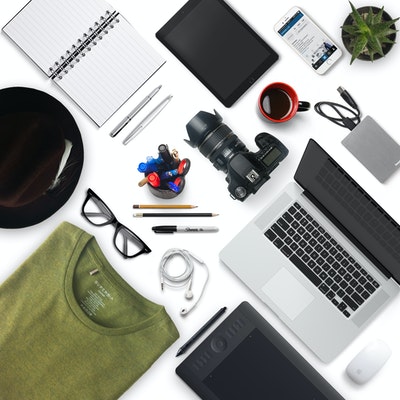3 Ways to Keep Your Material Assets Safe and Save Money
From cars to household contents, you might be surprised to find out just how much your hard-earned possessions are worth. There’s a substantial investment tied up in your belongings even if you have a relatively modest lifestyle.
If you were to do a cost-benefit analysis, you will arrive at the conclusion that it’s worth spending a little just to ensure that the things you spent a lot on are safe.
If you’re still working with a relatively tight household budget, you might be concerned about the expense, but fortunately, the things you need to don’t have to cost an arm and a leg.
Of course, insurance policies can help you cope with disaster when the worst happens, but prevention is far better than cure. You might even be able to negotiate a better deal from your insurance company if they know you’re keeping risks low.
These simple steps will contribute to your peace of mind and help you to keep your material assets safe.
1. Burglar Alarm Systems Keep Getting Smarter: Get One
A burglar alarm system that’s smarter than most burglars is the second line of defense after locked doors, burglar bars, and double-locked windows. An experienced burglar will look for, and often find ways around, the locks and bars, and if that happens, you need a timely warning.
Nowadays, burglar alarm systems like Verisure can alert you through your smartphone and even allow you to see what your security cameras are picking up. That saves you the added cost of paying subscriptions to a security company every month and allows you to call for help if you spot an intruder in your home, even though you’re hundreds of miles away.
Some old-fashioned ideas apply. For example, the loud scream of an alarm may scare off burglars before they have time to pilfer your consumer electronics or clean out your home. Additionally, burglar alarm servicing is essential to ensure these systems are functioning correctly when you need them most.
Glass-break detectors may even do that job before intruders can gain access. With security cameras strategically placed so that you can view all doors and windows, you’ll be able to act fast.
2. Secure Your Car
Safe parking in a proper garage with a lockable door is likely to keep your car safe at night, but your car isn’t always in the garage. When shopping around for car insurance, you’ll find that companies expect you to take security precautions.
Depending on the company, that could include car alarms, vehicle tracking devices, and even old-fashioned gear locks, but you can help them along with a few extras too.
Wheel clamps aren’t just available to parking supervisors. It’s a simple but effective way to stop someone driving off in your car without your consent. The same goes for steering wheel locks and car brake locks. The more features a prospective car thief must bypass to get your car on the road, the less likely he is to take his chances on your car.
Asset marking with microdot systems will make it much more difficult for thieves to disguise a stolen car and may even help you to recover stolen goods. Best of all, the microdots aren’t expensive and you can use them to mark any and all moveable assets.
It’s not as good as preventing theft in the first place, but it adds an extra layer of protection if thieves find a way around the other systems you have in place.
3. Use Common Sense and Self-Discipline
It may shock you to know that 32 percent of burglars gain access through unlocked doors. When we are at home, we feel safe and relaxed, and intruders make use of that by taking advantage of our lack of security-consciousness.
While there’s no need to become absolutely paranoid, common-sense habits like locking doors should be second nature.
A lot of burglars are petty thieves with a knack for opportunism. They’ll choose smaller items that can easily be carried away: a laptop, your expensive smartphone, a lady’s handbag, your camera equipment.
If items such as these are left in plain sight, either in your car or in your home, you’ve effectively set yourself up as a victim of crime. Once again, the solution is not paranoia – just good habits.
A Few Bonus Tips
Apart from burglary, floods and fire can also pose a threat to your belongings. When purchasing a house, do some research to ensure you aren’t buying in a flood-prone area.
Wildfires are a potential threat, but most house fires are caused by cooking accidents, open flames left unsupervised, or electrical faults. Test your smoke detectors from time to time to ensure that they work properly, pay attention to warning signals such as tripped switches, and don’t leave candles, stoves, or fireplaces unattended.
Replacing your belongings, or even covering insurance excess can have a significant impact on your wealth-creation plans, so taking good care of the things you already own saves you the pain of losing your belongings and having to replace them.







